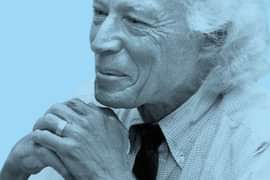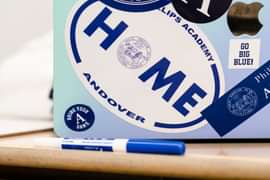
November 15, 2017
Learning Disposition
"Part Classroom Teacher/Part Motivational Speaker" appeared in the fall issue of NAIS's Independent Teacher Magazine.by Noah Rachlin
Noah Rachlin is an instructor in history and social science and a fellow at the Tang Institute at Phillips Academy.
In the fall of 2009, I took on the new challenge of teaching AP U.S History (APUSH) at Pacific Ridge School in Carlsbad, California. In the years before the College Board’s redesign of the AP U.S. History course, a consistent critique was, to put it bluntly, that the class was a slog. Tasked with covering the entire breadth of U.S. History before the AP exam in the first week in May, the class often felt like sprinting a marathon. My students took to calling APUSH “A-Push,” and they were not wrong. The volume of academic work associated with the course was unlike anything most students had experienced before. In addition to the increased workload, the college-level class was characterized by an intellectual rigor that, understandably, exceeded the work they had done up to that point in their academic careers. And, of course, these twin challenges did not exist in a vacuum. My students’ lives outside the four walls of our classroom were full of other courses, extracurricular activities, and the social and emotional challenges of adolescence.
As a result, like many teachers, I found myself assuming a role that was equal parts instructor and motivational speaker.
”As a result, like many teachers, I found myself assuming a role that was equal parts instructor and motivational speaker. That year, and that course in particular, highlighted for me that the job of classroom teacher is about much more than teaching traditional academic skills and content. To be sure, I worked diligently to help students develop their skills as historical thinkers, writers, and speakers, and their scores on the AP exam demonstrated that they learned (and perhaps still remember?) themes, principles, institutions, and events from the curriculum. Yet, I also found myself hoping that they came away from the course with a deep and unwavering belief in their ability to persist in the face of adversity and undertake the work required to overcome the obstacles and challenges that are a natural part of any learning process.





